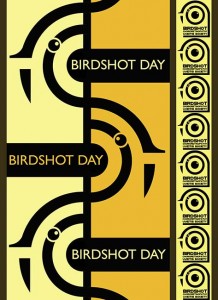Many of us take a range of herbs and supplements in order to try and keep ourselves well throughout our often toxic treatment for Birdshot. We should always check these herbs and supplements with our consultants, there can be adverse interactions between these and medications we are taking. We should all remember that just because we can buy them over the counter, this does not mean they are always totally safe, especially when we are taking a range of medications.
We have attached here a PDF which identifies potential herb and drug/medication interactions. It lists most of the commonly used herbs.
We thought that the most striking ones were:
- Licorice which increases the level of drug in our body by decreasing drug metabolism (i.e. the rate at which our bodies absorb the drug). **** (Please see comment number 2 below)
- Polyphenol – contained in Chamomile and Green tea, lime flowers and Rosemary which is said to reduce the absorption of iron.
- Bilberry and Tumeric might affect your aniplatelet activity (antiplatelets help ensure we don’t get thrombosis)
- Valerian may increase the effect of CNS depressants (sedatives or tranquillisers) or alcohol
Hopefully, this article will alert us all to the potential consequences of taking large doses of some herbs, if we are on medication.
 The Birdshot Day DVD has finally arrived. It contains recordings of all of the days talks, interviews with people with Birdshot, health professionals, charities and low vision specialists who attended.
The Birdshot Day DVD has finally arrived. It contains recordings of all of the days talks, interviews with people with Birdshot, health professionals, charities and low vision specialists who attended.